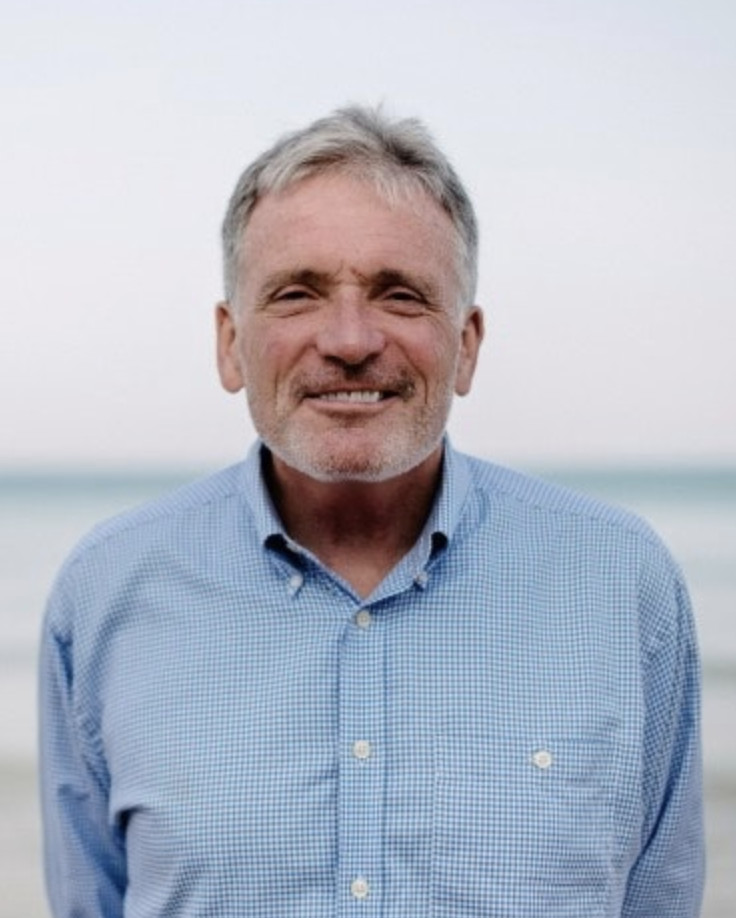Nearly ten years ago, I traveled to South Africa with a dozen or so members of the church I was serving at the time. Several of them had come to the United States for work, but they stayed closely connected with their friends and church “back home.”

Their connections eventually led my church to have a relationship with a church in Acornhoek, a semi-rural town in the northeast part of South Africa, close to game preserves and Kruger National Park. As part of our visit—the reason for going—we worshiped together with our new friends on Sunday, witnessed a marriage ceremony on Saturday, and enjoyed their unexpectedly generous hospitality throughout.
But we also spent time exploring the rest of the country.
One day members of our group took the half-hour ferry boat ride from Cape Town to Robben Island, and there we saw the prison where Nelson Mandela was held.

Mandela spent 27 years in prison, most of them at the prison on Robben Island, in a cell that measures seven feet by eight feet. Our group stood outside and looked in, as many, many people have in recent years.
Our guide, like most of the other guides at the prison, was a former prisoner. He was talkative throughout much of our tour, with what I assume were carefully curated stories, but outside Mandela’s prison cell he was quiet. Maybe he didn’t have much to say at that point, or maybe, more likely, standing in silence was part of the ritual. We tried to imagine what those long years must have been like, what it would mean to spend the middle third of our lives in a prison cell.
When Mandela was finally released from prison, he said and did some extraordinary things. Among them, he became the first black head of state in the history of South Africa. That country faces some serious challenges today, but even so the story remains a compelling one. At least it does for me.
I grew up in Grand Rapids, in the 1950s, in a mostly white neighborhood, and I heard plenty about the Fourth of July, but little (if anything) about Juneteenth. I know I am not alone in this experience. And yet, the two holidays and the stories they tell, I can now see, have a great deal in common.
Today in this country we find ourselves somewhere between Juneteenth and the Fourth of July, holidays that speak to us in different but important ways about freedom. As we approach the thirteenth Sunday in Ordinary time, I am faced with the task of preaching on a few verses from Galatians 5, with its own extraordinary words about freedom. What’s striking about them is how different they are from our usual thoughts about freedom.
Freedom has come to mean that I can live with few constraints. As an adult, a white male, in the United States of America, I can do pretty much whatever I want, whenever I want to do it, and with whomever I choose to do it. (I could have sprinkled some very colorful words in there because that’s how I often hear the belief expressed.)
Mandela, it’s worth remembering, never spoke about freedom in those terms. He would undoubtedly have found those words troubling and offensive, as I do. Mandela offered a view of freedom that every Christian today, in this country and in every country around the world, should recognize.
He famously said: “…to be free is not merely to cast off one’s chains, but to live in a way that respects and enhances the freedom of others.”
I can imagine that he worked on that line a bit and that it didn’t just roll off his tongue one day. But, however he came to those words, he believed them, and they represent the way he attempted to live out the last third of his life.
He might have said, in connection with those words, that he was nodding to the apostle Paul, especially those verses like those found in Galatians 5. Mandela knew his Bible, he studied it (along with much else during his imprisonment), and maybe this much, this insight, stayed with him. I would like to think so.
If Mandela had read closely, he would have seen Paul’s belief that freedom is a gift from God. Anyone who knows the story of the Exodus, as Paul certainly did, knows that this is the truth about freedom: It’s not to be squandered—and certainly not on self-indulgence. Don’t put yourself, as Paul reminded his readers, in a position where you can become enslaved again.
Not many first century Jews thought about returning to Egypt as enslaved people, but plenty of them were in danger of becoming enslaved to what Paul liked to call “the flesh.” So, Paul’s message was that, if you use your freedom to indulge all your personal desires—to do whatever you want to do, whenever you want to do it, and with whomever you choose to do it—you will find yourselves enslaved again.
Don’t want to fall into slavery again? Good, Paul wrote, then live for other people. “Love your neighbor as yourself” (5:14). Turn your attentions to the people around you. Your neighbors. Use your freedom to make their lives better.
I think I’m ready to write my sermon.

